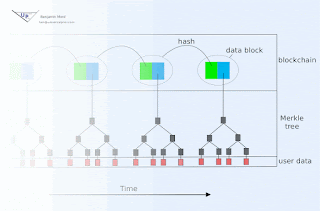People often talk about the "market capitalization" of bitcoin, which is simply the money supply (how many bitcoins are out there) multiplied by the current USD exchange rate. There is good reason for monitoring this.
Bitcoin aspires to become the default international money. But first, it must overcome technical, political, and economic barriers. Programmers are working on the technical barriers right now, but you cannot address politics or economics with code alone. Market capitalization is the best metric for monitoring progress against one of the three economic barriers which bitcoin must overcome.
Money has (classically) three economic attributes:
- Store of Value
- Means of Exchange
- Unit of Account
I put these in the approximate order that bitcoin must address them. First, it must become a store of value, of both sufficiently large AND sufficiently stable value, for the latter two applications to then become practical and interesting. If the entire market capitalization of bitcoin was $100, then it could not facilitate enough exchange to be worth the bother, nor then would there be any reason to use it as a unit of account. If market capitalization exceeded global USD M3 however, that would probably suffice for as much trade as USD directly facilitates today. Also, small market caps result in large fluctuations in value even with small entrances and exits, so stability of value also requires a usefully large market capitalization.
Any editorial lamenting the use of market capitalization would do well to either propose an alternative, or else to explain why a currency need not fret over its function as a store of value. So long as we see this as core to the very definition of a currency however, it then follows we should find some way to measure it.


No comments:
Post a Comment